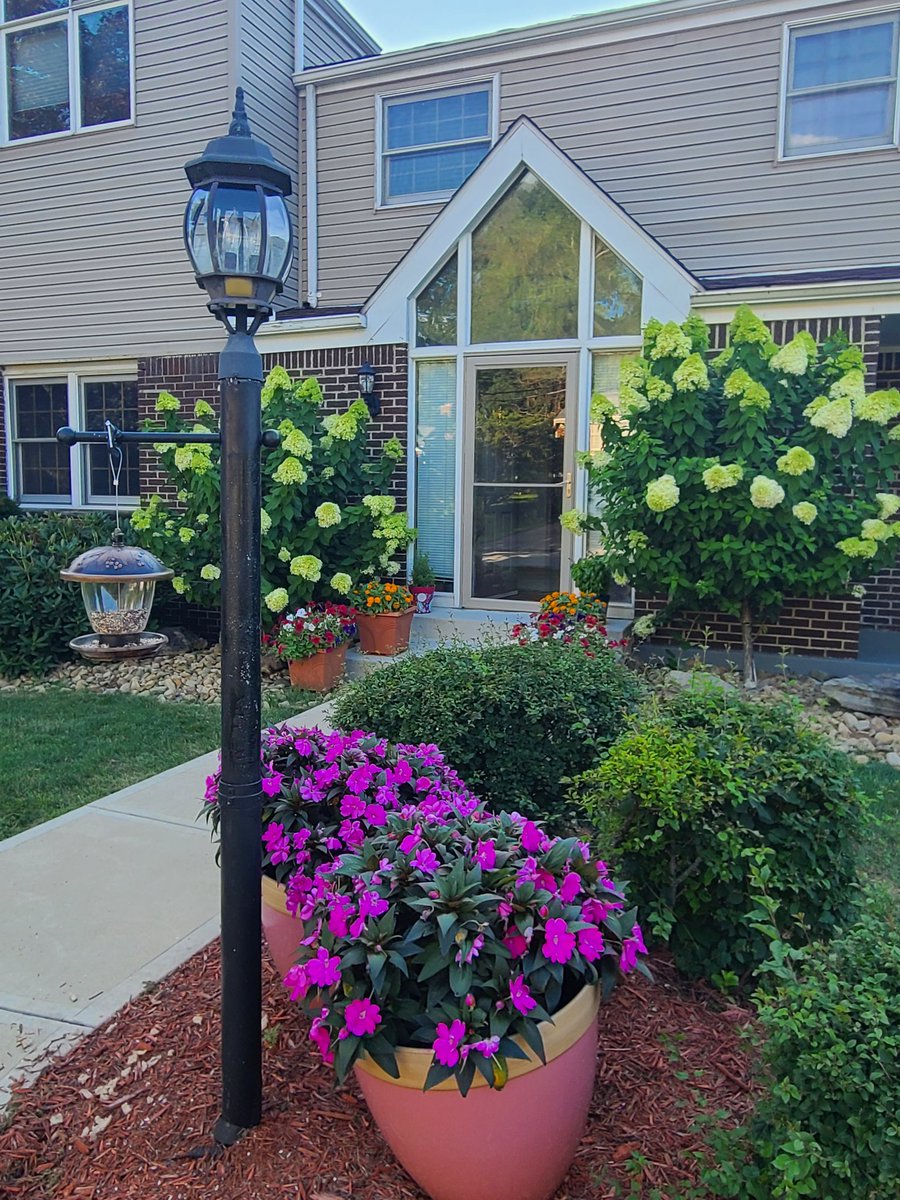
This is where I grew up. A home filled with so much love, memory, support. That still houses my family. A home 2100 miles away from where I live now. 

I begin my journey back to reality today, after almost four weeks surrounded by so much love. Reconnecting with friends I haven't seen in decades. Watching my kids be kids... Grass stained clothes, sticky ice cream faces, playing with the deer every morning in our backyard.
It took 10 days into our trip for my sympathetic nervous system to recalibrate to a stage where then I could begin rest and recovery. 10 days.
I was never able to fully unplug - as the responsibility (and truthfully liability) of being a physician right now does not allow for total disconnect.
And I know what I'm walking back into. An overcapacity acute care system with worsening staffing challenges; more and more delayed diagnosis; and silence from our governing bodies on how to solve any of it.
So, I reflected, meditated, brainstormed. How will my return be different? How do I keep the feelings of that home, the love, the *happiness* alive when I re-enter work?
And I think the answer is a phenomenon we are already seeing amongst hcw. That we are no longer willing to go 120% effort for a system that doesn't not value or understand our commitment. We are not sinking with this ship.
Like many of my colleagues who are finding some peace this summer, getting their repreive from burn out-- I am not willing to go back to the state I was in.
4 weeks is not enough to cure burnout. Its long enough to scratch the surface to understand the problem, identify my non-negotiables, and begin a journey to find balance.
We want to be effective agents healthcare delivery for our patients. Our system is not allowing us to do this without submitting our entire souls to do so.
So for this doc, it's time to make a change.
And I hope my colleagues can too- for their sake and truly for the sake of the future of our system.
#burnoutrecovery
And I hope my colleagues can too- for their sake and truly for the sake of the future of our system.
#burnoutrecovery
• • •
Missing some Tweet in this thread? You can try to
force a refresh



